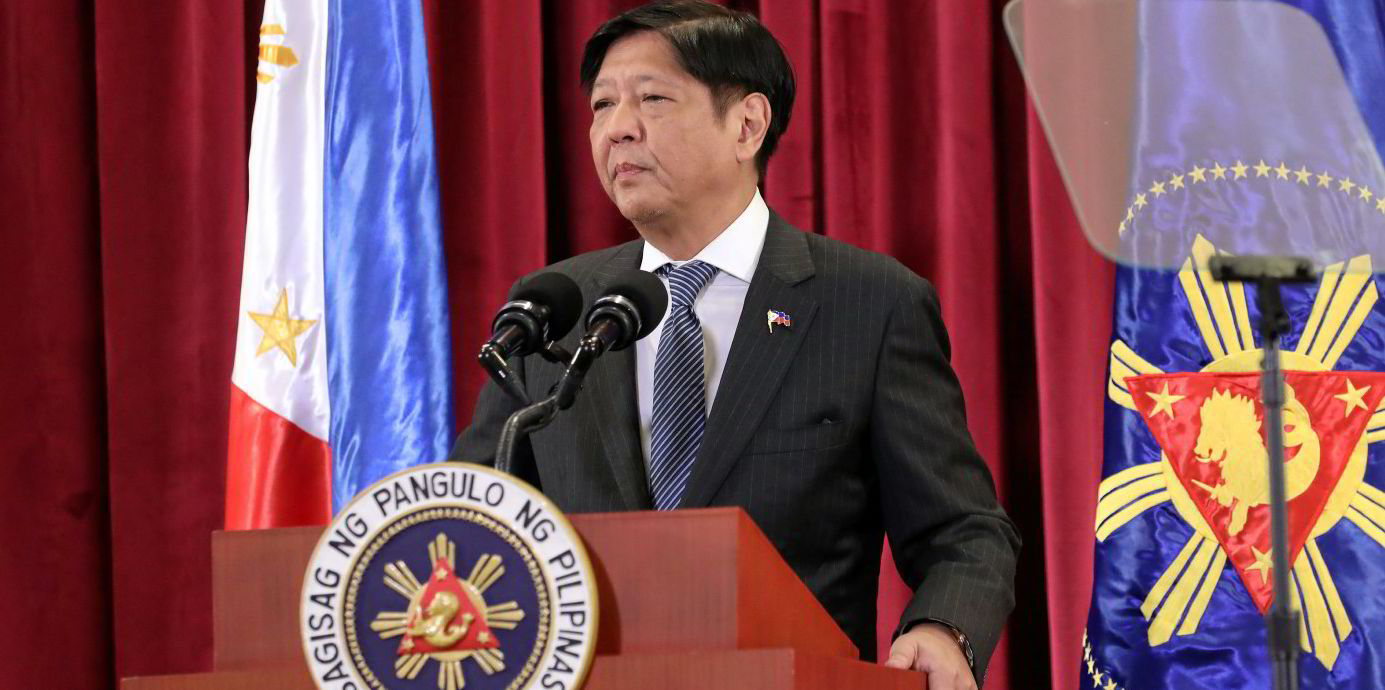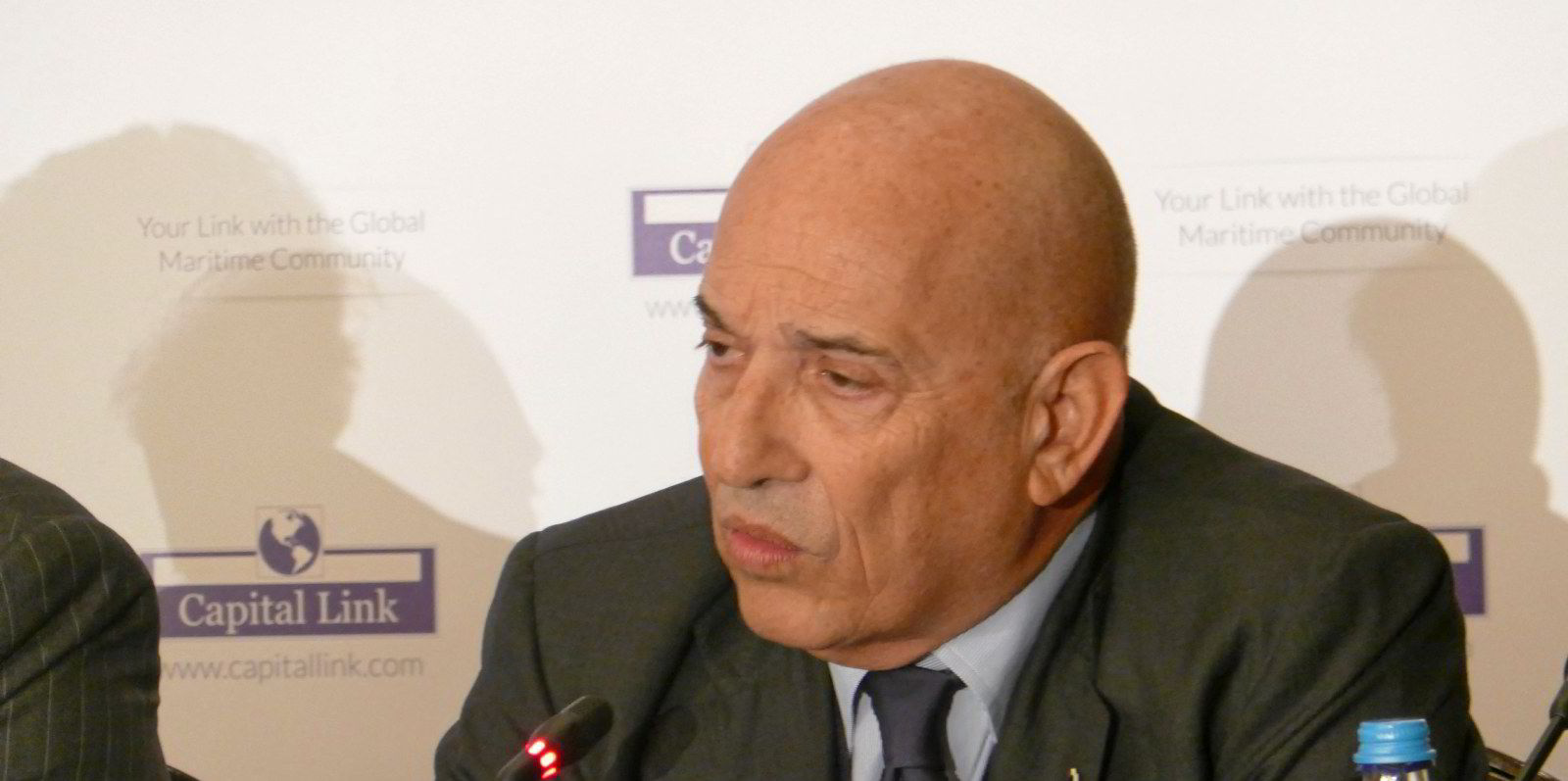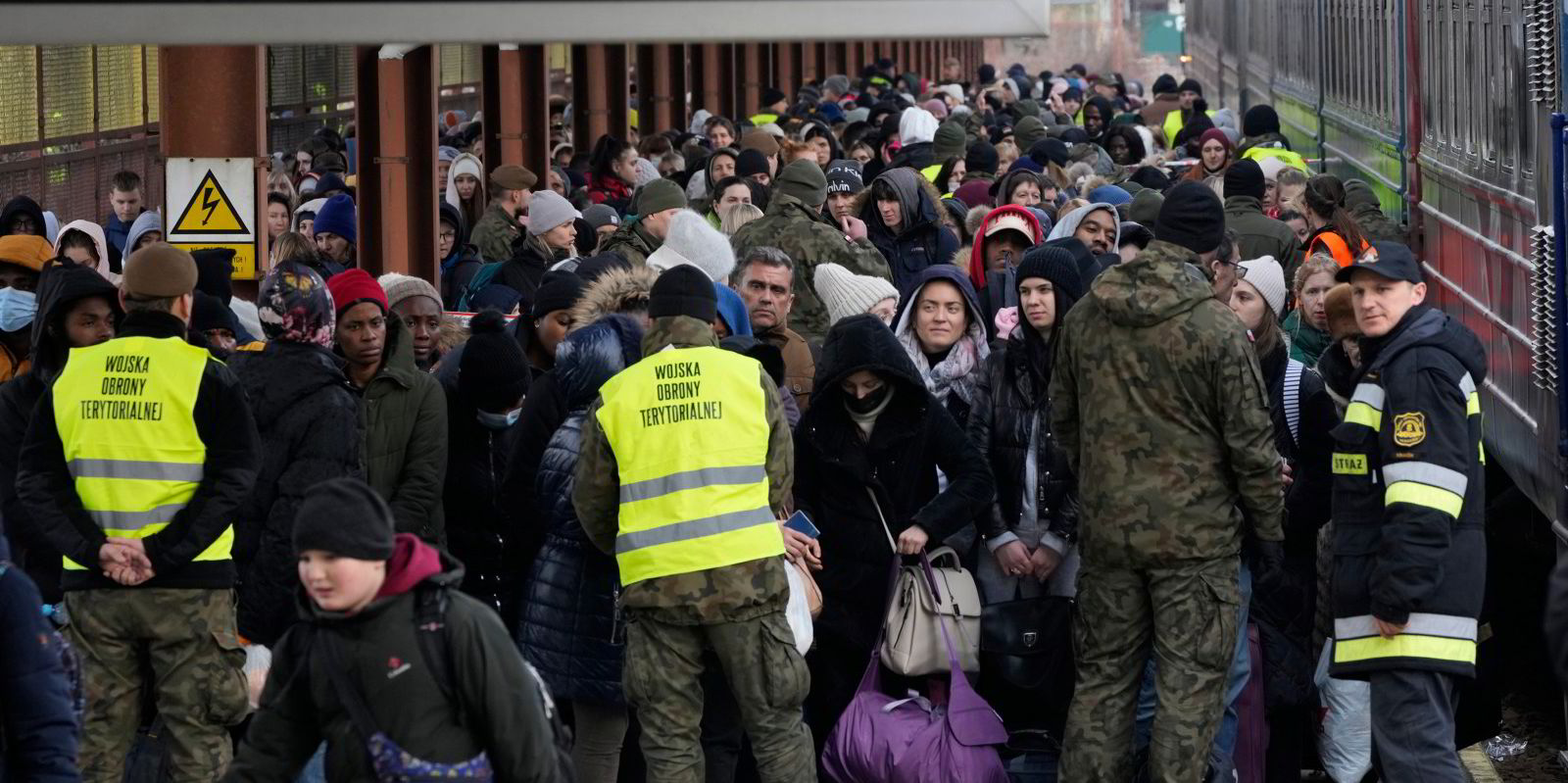The European Union and the Philippines have settled a dispute over maritime education standards that had threatened to disrupt the already tight supply of seafarers to global shipping markets.
The 27-member bloc decided on Friday to recognise the training and certification of Filipino seafarers, causing sighs of relief at international shipping organisations.
The European Community Shipowners’ Associations and International Chamber of Shipping said they “warmly welcome the decision”.
As TradeWinds already reported, an inspection of maritime training schools in the Philippines by the European Maritime Safety Agency (EMSA) last year highlighted several deficiencies.
This raised the prospect of a potential withdrawal of EMSA approval for the schools, which would have put at risk the jobs of 50,000 Filipinos working on EU-flag ships.
Senior shipping officials had expressed their concern over the issue.
“It could become a very big problem,” ICS chairman Emanuele Grimaldi said in February in Athens.
A rift between the EU and the Philippines would have had even bigger repercussions in the context of the war in Ukraine, which removed many Ukrainian and Russian seafarers from the shipping market.
Filipinos account for 14% of the world’s seafaring population of nearly 1.9m people, about as much as Russia and Ukraine combined.
According to the joint ICS and ECSA statement, the European Commission on 31 March confirmed the compliance of the Philippines with the requirements of the International Convention on Standards of Training Certification & Watchkeeping for Seafarers.
“This decision made by the EC is a testament to the Philippines’ hard work to ensure seafarer training complies with regulations,” said ICS secretary general Guy Platten.
Seafaring being a key source of foreign exchange for the Philippines, President Ferdinand Marcos junior visited EU authorities in Brussels to discuss the issue in December.
Talks ushered in a joint advisory board to monitor education standards.
The ECSA, ICS, industry partners and the Philippines government have already started cooperating under the new International Advisory Committee on Global Maritime Affairs.
“By all of us working together on these issues, we can tackle the challenges ahead for our workforce,” Platten said.





